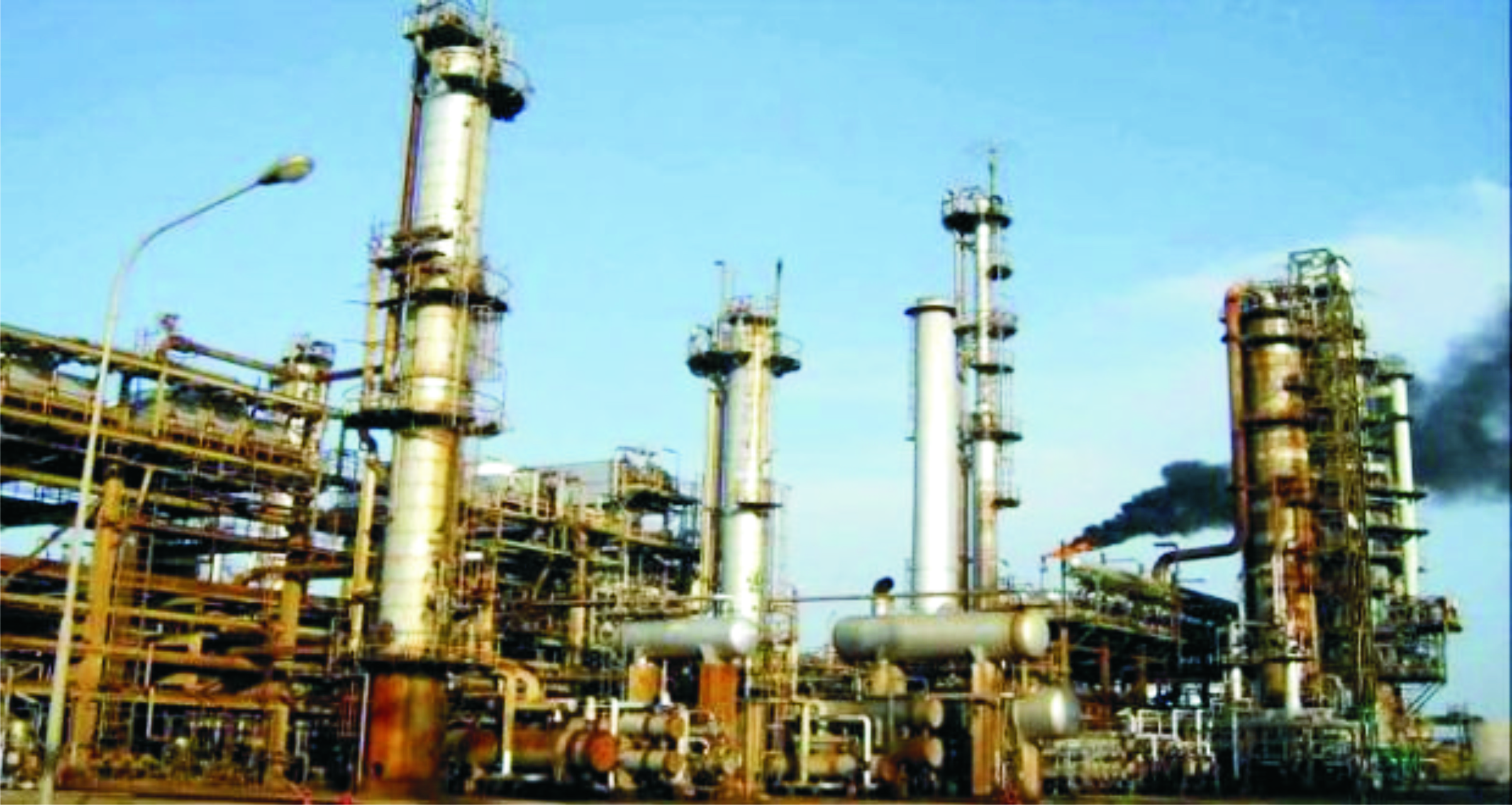Business
IOCs Frustrating Nigerian Refineries, Dangote Declares

Business
NCAA Certifies Elin Group Aircraft Maintenance

Business
SMEDAN, CAC Move To Ease Business Registration, Target 250,000 MSMEs

Business
Blue Economy: Minister Seeks Lifeline In Blue Bond Amid Budget Squeeze

Ministry of Marine and Blue Economy is seeking new funding to implement its ambitious 10-year policy, with officials acknowledging that public funding is insufficient for the scale of transformation envisioned.
Adegboyega Oyetola, said finance is the “lever that will attract long-term and progressive capital critical” and determine whether the ministry’s goals take off.
“Resources we currently receive from the national budget are grossly inadequate compared to the enormous responsibility before the ministry and sector,” he warned.
He described public funding not as charity but as “seed capital” that would unlock private investment adding that without it, Nigeria risks falling behind its neighbours while billions of naira continue to leak abroad through freight payments on foreign vessels.
He said “We have N24.6 trillion in pension assets, with 5 percent set aside for sustainability, including blue and green bonds,” he told stakeholders. “Each time green bonds have been issued, they have been oversubscribed. The money is there. The question is, how do you then get this money?”
The NGX reckons that once incorporated into the national budget, the Debt Management Office could issue the bonds, attracting both domestic pension funds and international investors.
Yet even as officials push for creative financing, Oloruntola stressed that the first step remains legislative.
“Even the most innovative financial tools and private investments require a solid public funding base to thrive.
It would be noted that with government funding inadequate, the ministry and capital market operators see bonds as alternative financing.
-

 Sports1 day ago
Sports1 day agoChelsea Fall At Stamford Bridge
-

 Editorial1 day ago
Editorial1 day agoCharge Before New Rivers Council Helmsmen
-

 Oil & Energy1 day ago
Oil & Energy1 day agoDigital Technology Key To Nigeria’s Oil, Gas Future
-

 News1 day ago
News1 day agoDisclose appointment process of INEC chairman, SERAP tells Tinubu
-

 News1 day ago
News1 day ago2027: Tinubu’s Presidency Excites APC Stalwarts…As Group Berates NWC For Party Crisis In Bayelsa
-
Niger Delta1 day ago
Ewhrudjakpo Tasks CS-SUNN On Effective Nutrition Awareness
-

 Sports1 day ago
Sports1 day agoAkomaka Emerges South South Representative Board Member In NCF
-

 Sports1 day ago
Sports1 day agoTottenham Salvage Point Against Wolves

